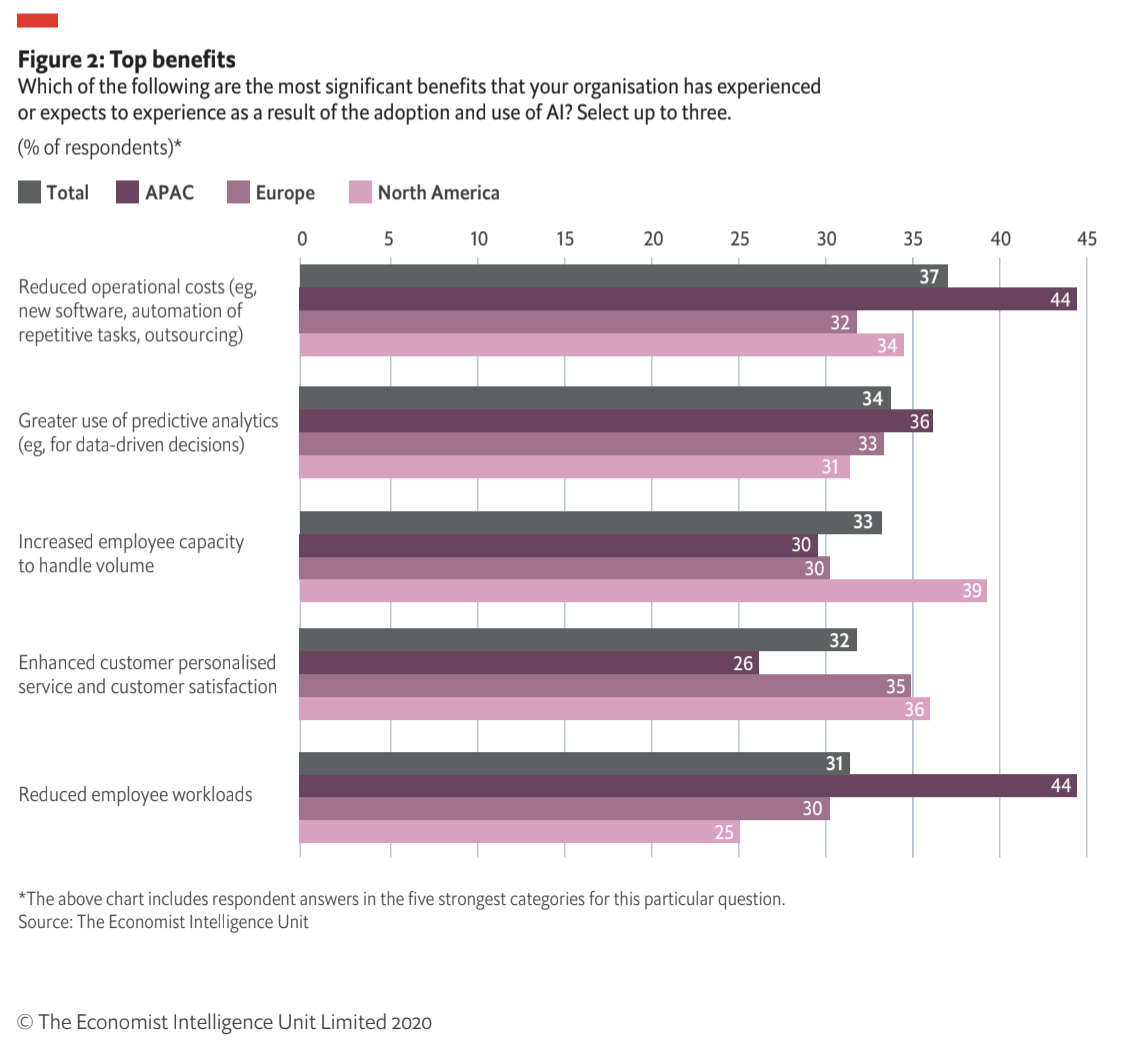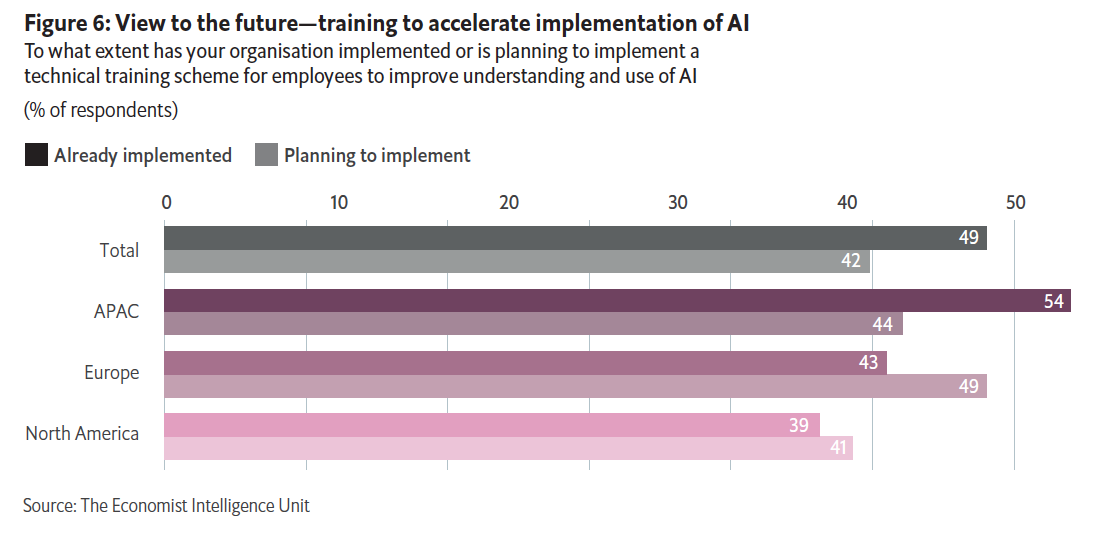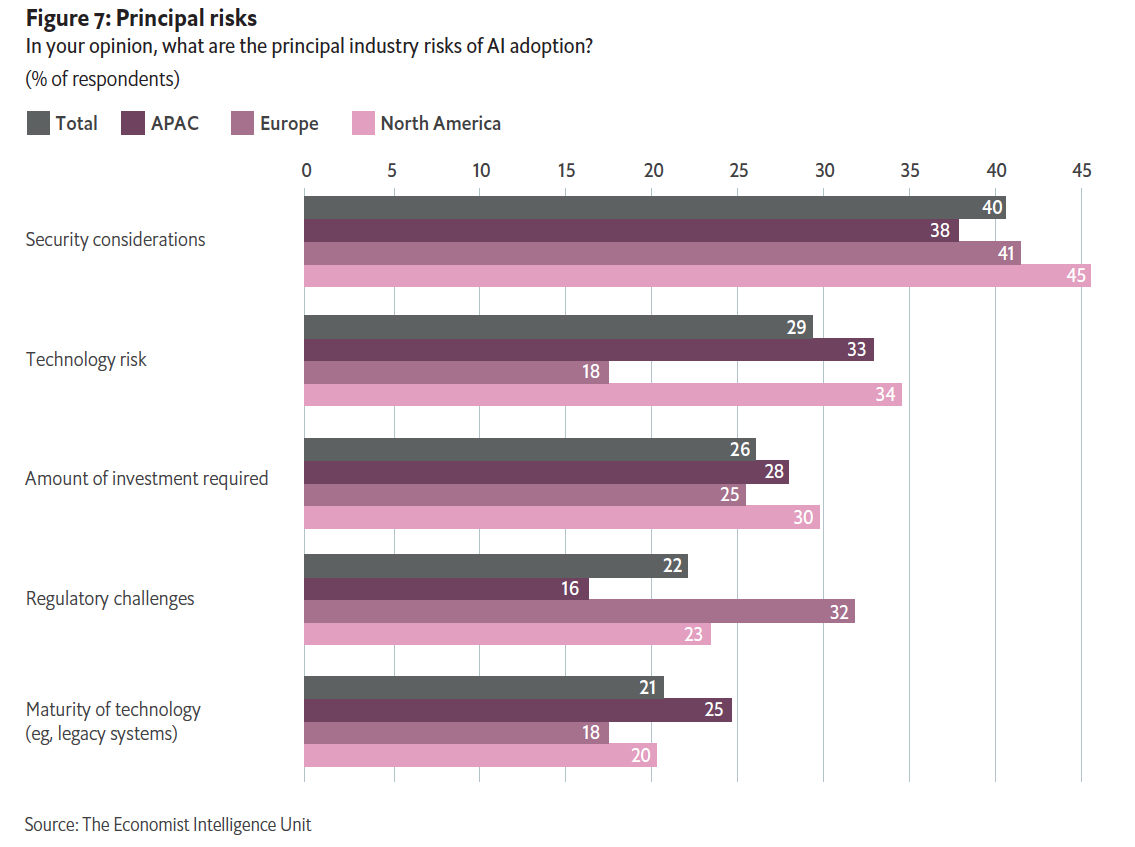“In 10,000 years, the earth's population has doubled ten times, from less than 10 million to more than six billion now and ten billion soon. Most of the calories that made that increase possible have come from three plants: maize, rice and wheat. The oldest, most widespread and until recently biggest of the three crops is wheat. To a first approximation, wheat is the staple food of mankind, and its history is that of humanity.”
The quote is from a very long article about wheat on The Economist called “Ears of Plenty” published in 2005. The piece is choke-full of interesting facts, trivia, and insights - all done with a gripping narrative style that the magazine is famous for. It wouldn’t be an overstatement to say that I may have read 100s of articles about topics I really don’t care about just because of how The Economist explains them. Their journalists and editorial staff are great at taking complex subjects and turning them into simple, yet compelling narratives for the masses to consume.
When it comes to our money, arguably no trend will be more important, or as complex, as the rise of AI over the next decade. Therefore, I am very excited about ThoughtSpot’s collaboration with this famed magazine’s latest survey called “The Road Ahead: Artificial Intelligence and the future of financial services”. Just like the story of the wheat is essential and hard to understand, so, too, is Artificial Intelligence. It’s a topic that’s often exploited for tactical purposes by vendors, authors, and politicians.
When we thought about partnering with an unbiased publisher to bring the much-needed clarity to this complex, yet essential, topic, we really didn’t have a choice; it was The Economist or bust.
We had 2 simple goals to begin with:
Make it crisp, contextual, substantive, yet easy to understand
Make it imminently actionable for businesses by focusing on one sector.
The Benefits of AI will be profound
Every day, we’re inundated with opinions. When it comes to how AI will affect financial services, you can search for hundreds of headlines, each arriving at a different conclusion. <br>We wanted to get a quantitative look at what industry leaders expect to see because of AI. While there were differences by industry sector and geography, one takeaway was crystal clear: AI will transform financial services. Those that adopt it will experience tremendous benefits and drive fresh waves of growth. Those that don’t are exposing themselves to disruption.

From reducing costs to improving employee productivity to improving customer service and satisfaction, financial services leaders see tremendous benefits for AI in all areas of the business, from the back office to the front-lines.
Not all AI Applications get equal love
Just this week, a conflict between a dog-walking lady and a bird-watching biker in Central Park became national news within hours and the woman’s employer, a national investment banking firm, had to act on the event, all within 24 hours.
We are living in a world where every local event has the potential to become a global newsmaker within a matter of minutes through social media. These are unprecedented times, where the world moves faster than ever before. It comes as no surprise that companies are looking at AI applications like Predictive Analytics and Machine Learning to give themselves any edge they can to move faster and grow responsibly. In fact, more than half of financial services firms surveyed by The Economist are already using these technologies, tapping into unprecedented opportunities for powering fresh waves of growth.
Asia-Pacific is leading the way
While the research made it clear financial services firms are already using AI, the usage and outlook aren’t the same in every geography.
With 4.6 billion people, Asia is not only the most populous continent, at the median age of 32, it also boasts one of the youngest population in the world. Countries within Asia have been investing in education, and upward mobility for its population for decades - and the results are showing. The research states that APAC nations not only have done a better job of understanding the importance of AI applications but also structured the investments for the right benefits.

Already, more than half of the firms in Asia-Pacific have implemented training and re-skilling programs to speed up the adoption and use of AI in their organization. Compare this with Europe and North America, which lag by 10% and 15% respectively.
As Asia continues to grow economically, financial services firms in North America and Europe must increase their investments in AI, both from a technology standpoint and a training standpoint, if they want to remain competitive.
What’s holding us back?
While organizations across the board recognize the benefits of AI, there are real barriers to adoption. Leaders are concerned about security considerations - will AI expose our bank in ways we haven’t anticipated? What about technology risk? Can we trust the information these systems are generating and use them with confidence to guide our business?

These are serious concerns for businesses looking to adopt AI - and they should be. Bringing AI into an organization requires a fundamental shift in processes, training, and culture. With any such transformation comes the potential for missteps. Yet as the research shows, the opportunity and benefits counterbalance these risks. Financial services institutions cannot afford to do business as usual. If they do, they’re waiting for a challenger brave enough to adopt AI to come and disrupt them, deliver better experiences to their customers with AI-driven financial analytics, and take their place. <br><br>I encourage you to read the full report for yourself. There're more insights than I could capture in this blog. These insights will help you and your organization not only prepare for the changes AI will bring, but use them to transform into a more agile, intelligent, and customer-centric business.







